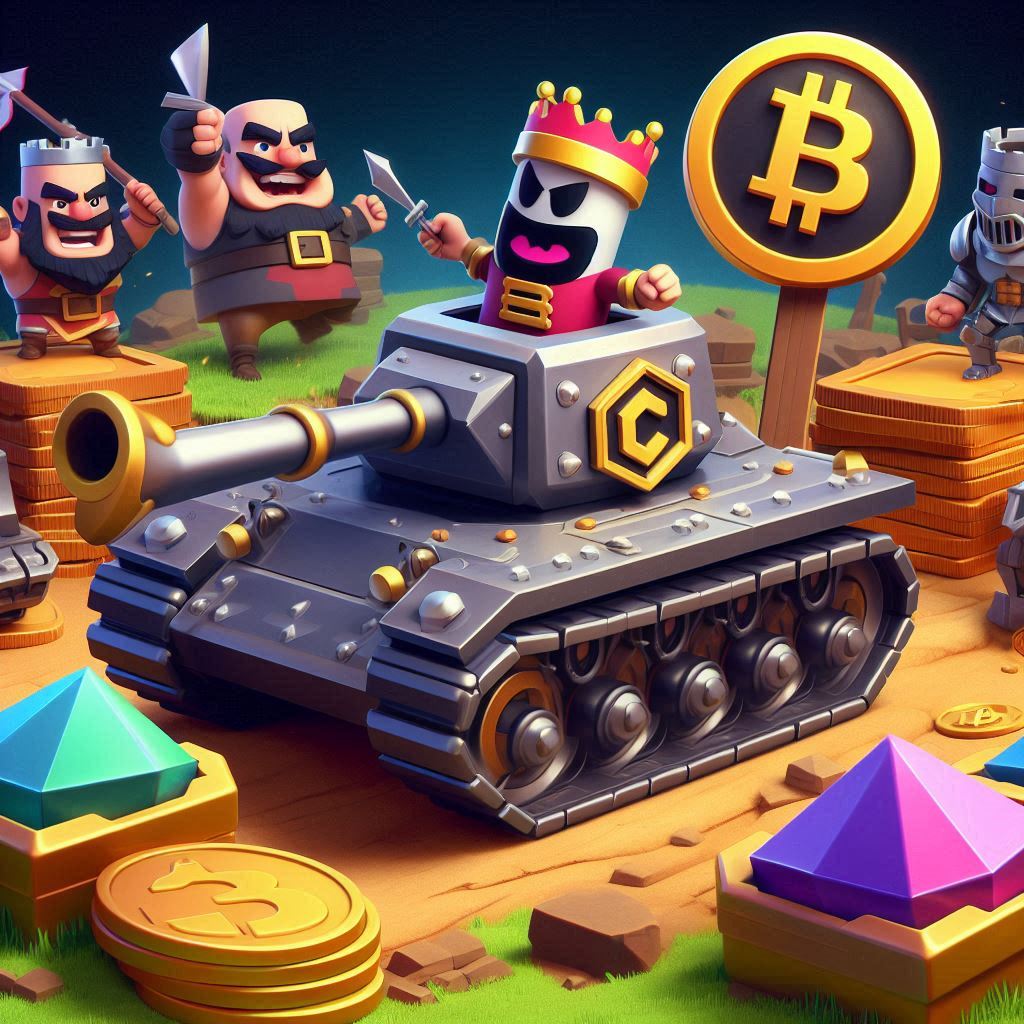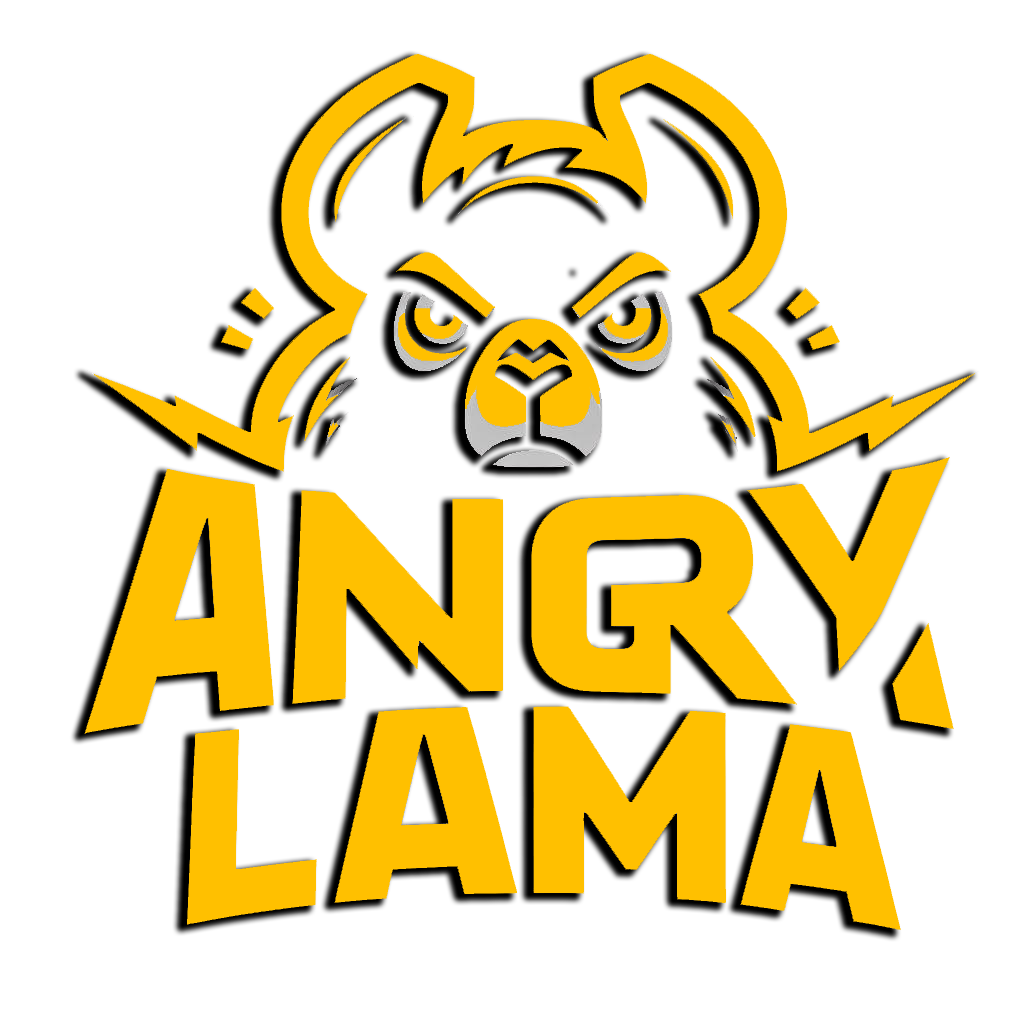Token
The Rise of Cryptocurrency Tokens: Revolutionizing Digital Asset Ownership
In the dynamic world of cryptocurrency, tokens have emerged as a pivotal innovation, transforming the way digital assets are created, distributed, and utilized. Distinct from cryptocurrencies like Bitcoin, which function as a medium of exchange, tokens represent a diverse array of digital assets, each with their own unique characteristics and use cases.
Tokens in the Cryptocurrency Ecosystem
Cryptocurrency tokens can represent a wide range of digital assets, from in-game items and virtual real estate to governance rights and fractional ownership of physical assets. This versatility has led to a proliferation of token-based projects within the cryptocurrency space, each leveraging the power of blockchain technology to create novel financial instruments and decentralized applications.
The Tokenization of the Digital World
The rise of tokenization has enabled the fractionalization and representation of virtually any asset or right in a digital format. This has opened up new avenues for investment, fundraising, and the creation of novel financial products, as well as the democratization of access to previously illiquid or inaccessible assets.
Utility Tokens: Powering Decentralized Applications
One of the most prominent use cases for cryptocurrency tokens is the utility token. These tokens are designed to facilitate the use of decentralized applications (dApps) built on blockchain networks. By providing access to specific features or services within a dApp, utility tokens create an incentive structure that aligns the interests of developers, users, and token holders.
Security Tokens: Bridging Traditional Finance and Cryptocurrency
Security tokens, on the other hand, are designed to represent real-world assets, such as stocks, bonds, or real estate, in a digital format. These tokens offer the benefits of blockchain technology, including increased transparency, liquidity, and accessibility, while adhering to regulatory frameworks governing traditional financial instruments.

Non-Fungible Tokens (NFTs): Unique Digital Collectibles
The emergence of Non-Fungible Tokens (NFTs) has revolutionized the way digital art, collectibles, and virtual assets are created, owned, and traded. Each NFT is unique, providing verifiable scarcity and ownership, enabling the tokenization of digital items that were previously difficult to monetize or authenticate.
The Token Economy: Incentivizing Participation and Engagement
Tokens have become a driving force in the cryptocurrency economy, providing a means to incentivize participation, reward user engagement, and create new revenue streams for projects and platforms. By aligning the interests of stakeholders through token distribution and governance mechanisms, the token economy has the potential to foster more sustainable and decentralized ecosystems.
Tokenization and Fundraising: Initial Coin Offerings and Security Token Offerings
The cryptocurrency space has witnessed the rise of token-based fundraising models, such as Initial Coin Offerings (ICOs) and Security Token Offerings (STOs). These mechanisms have provided entrepreneurs and project developers with alternative funding sources, allowing them to raise capital and distribute their tokens to a global investor base.
The Evolution of Token Standards: ERC-20, ERC-721, and beyond
The development of token standards, such as ERC-20 and ERC-721, has played a crucial role in the growth and standardization of the token ecosystem. These standards have enabled the creation of interoperable tokens, facilitating their integration into various blockchain-based applications and exchanges.
Regulatory Considerations and Compliance in the Token Economy
As the token economy has grown, regulatory bodies around the world have sought to establish guidelines and frameworks to ensure the responsible development and use of cryptocurrency tokens. Compliance with these evolving regulations has become a key consideration for token issuers and platform operators, as they navigate the complexities of the legal landscape.
Decentralized Finance (DeFi) and the Role of Tokens
The emergence of Decentralized Finance (DeFi) has further highlighted the importance of tokens within the cryptocurrency ecosystem. DeFi protocols often utilize custom tokens to facilitate lending, borrowing, trading, and other financial activities, leveraging the transparency, accessibility, and programmability of blockchain technology.
Token Exchanges and Liquidity: Facilitating Token Trading and Adoption
The growth of token-based projects has led to the development of specialized token exchanges and liquidity providers, which play a crucial role in facilitating the trading, exchange, and adoption of various cryptocurrency tokens. These platforms have helped to increase the accessibility and liquidity of the token economy.

Token Economics and Incentive Structures
The design of token economics, including token supply, distribution models, and incentive mechanisms, is a critical aspect of token-based projects. Carefully crafted token economies can drive user engagement, encourage network participation, and align the interests of all stakeholders within the cryptocurrency ecosystem.
The Future of Tokens: Interoperability, Scalability, and Institutional Adoption
As the token ecosystem continues to evolve, key challenges such as interoperability, scalability, and institutional adoption will need to be addressed. Advancements in blockchain technology, the development of cross-chain protocols, and the increasing involvement of traditional financial institutions are expected to shape the future of cryptocurrency tokens and their role in the broader digital economy.
Tokens and Blockchain Governance: Decentralized Decision-Making and Participation
Cryptocurrency tokens have also played a crucial role in the governance of blockchain networks and decentralized applications. Token-based voting mechanisms and decentralized autonomous organizations (DAOs) have emerged as models for community-driven decision-making and the coordination of distributed stakeholders.
The Social Impact of Tokens: Financial Inclusion and Empowerment
Beyond their financial and technological implications, cryptocurrency tokens have the potential to drive social impact by fostering financial inclusion and empowering underserved communities. The accessibility and programmability of tokens can enable the creation of new financial services and the distribution of economic opportunities on a global scale.
The Evolving Landscape of Token-based Innovations
As the cryptocurrency ecosystem continues to mature, the landscape of token-based innovations is expected to diversify further. From the emergence of new token standards and use cases to the integration of tokens with emerging technologies like decentralized identity and the metaverse, the future of the token economy promises to be both exciting and transformative.
The Versatility of Tokens: Beyond Financial Applications
While tokens have gained prominence in the financial realm, their applications extend far beyond traditional monetary and investment use cases. Tokens can be leveraged to represent ownership rights, access privileges, and even identity credentials in a wide range of industries, from gaming and real estate to supply chain management and social media.
Tokens and the Decentralization of Power
At the core of the token economy lies the principle of decentralization. By distributing ownership, governance, and control through token-based models, the cryptocurrency ecosystem aims to challenge the centralized power structures that have historically dominated various industries. This shift towards decentralization has the potential to foster greater transparency, accountability, and democratization of economic and social systems.
Tokens and the Global Reach of Cryptocurrency
One of the defining characteristics of cryptocurrency tokens is their ability to transcend geographical boundaries. Unlike traditional financial instruments, which are often constrained by regional regulations and banking infrastructure, tokens can be seamlessly exchanged and utilized across the globe, opening up new opportunities for cross-border commerce, remittances, and financial inclusion.

Tokens and Environmental Sustainability
As the world grapples with the pressing issue of environmental sustainability, the token economy has emerged as a potential catalyst for positive change. Blockchain-based platforms and token-driven initiatives are exploring ways to incentivize sustainable practices, facilitate the trading of environmental credits, and unlock new revenue streams for green projects and technologies.
Tokens and the Creator Economy
The rise of the creator economy has coincided with the growth of the token ecosystem. Platforms and protocols that enable the tokenization of digital content, intellectual property, and creative assets have empowered artists, influencers, and entrepreneurs to monetize their work and engage with their audiences in innovative ways.
Tokens and the Metaverse: Bridging the Physical and Digital Realms
As the concept of the metaverse gains traction, the role of tokens becomes increasingly crucial. Tokens can serve as the digital representation of virtual assets, experiences, and even identities within these immersive digital environments, blurring the lines between the physical and digital worlds and unlocking new possibilities for commerce, social interaction, and self-expression.
Tokens and the Future of Work: Decentralized Labor and Collaborations
The token economy has also influenced the way we approach work and collaboration. Decentralized autonomous organizations (DAOs) and token-based incentive structures are enabling new models of distributed labor, freelancing, and project-based collaborations, potentially reshaping traditional employment structures and the future of work.
Regulatory Challenges and the Evolving Token Landscape
As the token economy continues to grow, regulatory bodies around the world are grappling with the challenge of developing appropriate frameworks to ensure the responsible development and use of cryptocurrency tokens. The evolving regulatory landscape, with its nuances and complexities, will play a significant role in shaping the future trajectory of the token ecosystem and its widespread adoption.

Our game development Team has developed a 3D online Android game based on blockchain technology. Players can Earn Money by competing with each other through the game. Visit our YouTube channel for more information. Also Click to download our TanKash game.



